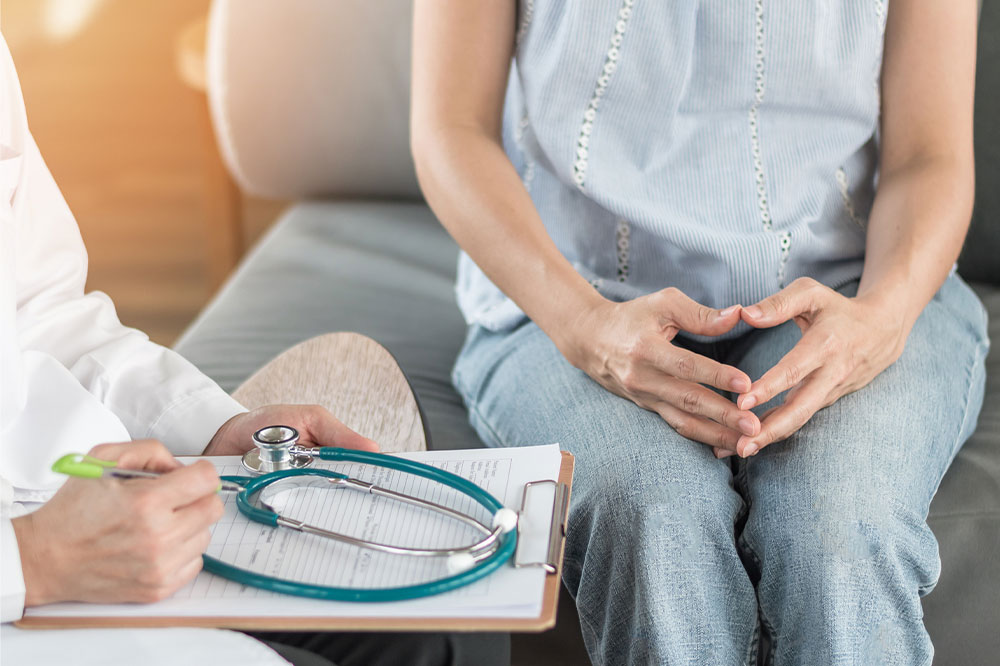
The Link Between Breast Cancer and Menopause
The incidence of breast cancer is higher among women over the age of 50 who have undergone menopause. Approximately eight out of ten cases are detected in this category. However, menopause itself is not the cause of breast cancer, and several other factors also contribute to the risk of menopausal women being diagnosed with the disease. Below, we have listed how breast cancer and menopause are linked to each other.
1. Late-onset menopause increases breast cancer risk
During the mensuration cycles, estrogen levels tend to rise in a woman’s body. With menopause, however, the hormone levels stabilize. So, when menopause is delayed, there is prolonged exposure to estrogen, which can lead to breast cancer. Hence, women who experience late-onset menopause have an increased risk.
Besides breast cancer, women with long reproductive lives – the first menstrual period before age 14 and menopause after age 55 – also have an increased risk of other hormone-related cancers, such as uterine cancer. Therefore, those experiencing late-onset menopause should go for regular mammograms to detect cancer on time and seek medical help.
2. Drugs to cure menopausal depression can interfere with cancer treatment
During menopause, there is a rapid fluctuation in estrogen and testosterone levels, leading to mood swings and depression. According to some sources, approximately 20 percent of menopausal women experience these symptoms. To tackle depression, many women going through menopause use antidepressants. Unfortunately, these antidepressants can reduce the efficacy of the medicines used to treat breast cancer in women who already have the condition.
So, breast cancer patients undergoing menopause and considering treatment for depression should inform the doctor about their condition beforehand. A proper consultation will ensure that the medicines do not put the patient at high risk of getting cancer or interfering with medication used for the same.
3. Overuse of HRT can lead to breast cancer
During menopause, many women have lower estrogen and progestin levels. They also experience hot flushes, nightly sweats, severe mood swings, vaginal itchiness and dryness, and reduced sex drive. To maintain hormonal balance and relieve these symptoms, patients are recommended hormone replacement therapy (HRT), where they are given doses of estrogen and other hormones in the form of injections, pills, estrogen patches, etc.
Unfortunately, prolonged use of HRT can lead to breast cancer. This is because the treatment relieves menopausal symptoms by increasing estrogen levels, and overexposure to this hormone is a risk factor for breast cancer. Once HRT is discontinued, it can take up to ten years to reduce the risk.
4. How to ward off breast cancer risk during menopause
Simple lifestyle changes can help women get through menopause without increasing their cancer risk. For instance, instead of going for HRT, one can:
- Avoid coffee, hot drinks, and wearing heavy clothes during hot flashes
- Avoid alcohol and fatty food
- Quit smoking and drugs
- Exercise regularly
- Avoid stress by meditating and sleeping well
Exercise is one of the most critical steps, as increased weight gain during menopause increases the risk of breast cancer. These healthy conscious lifestyle changes can help ward off the risk of breast cancer.



